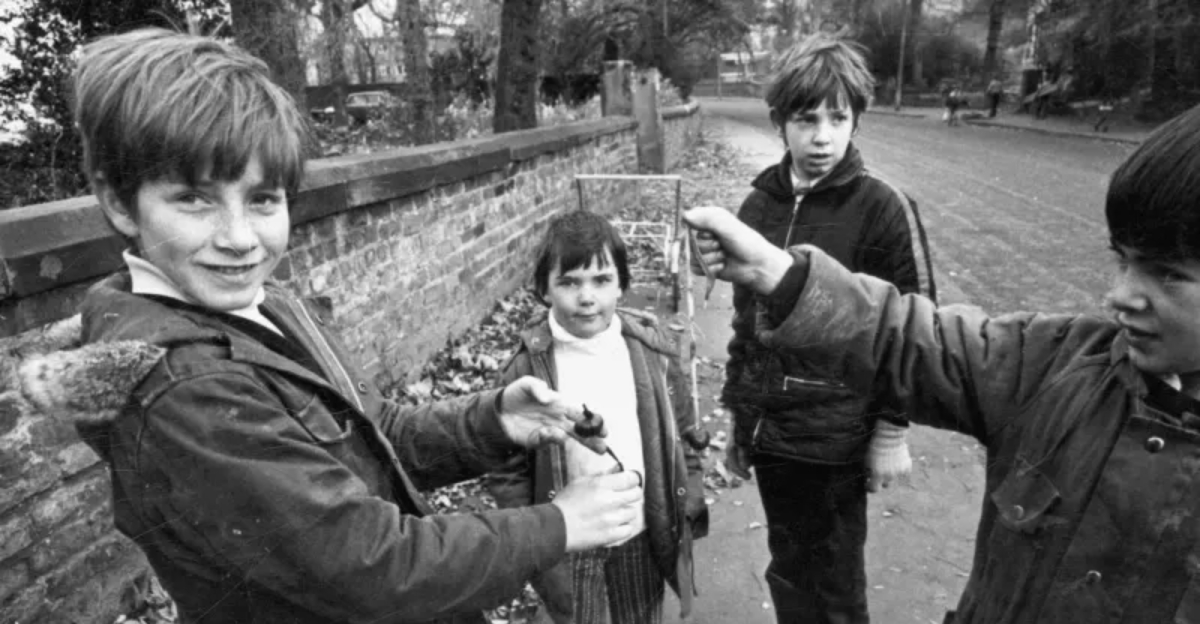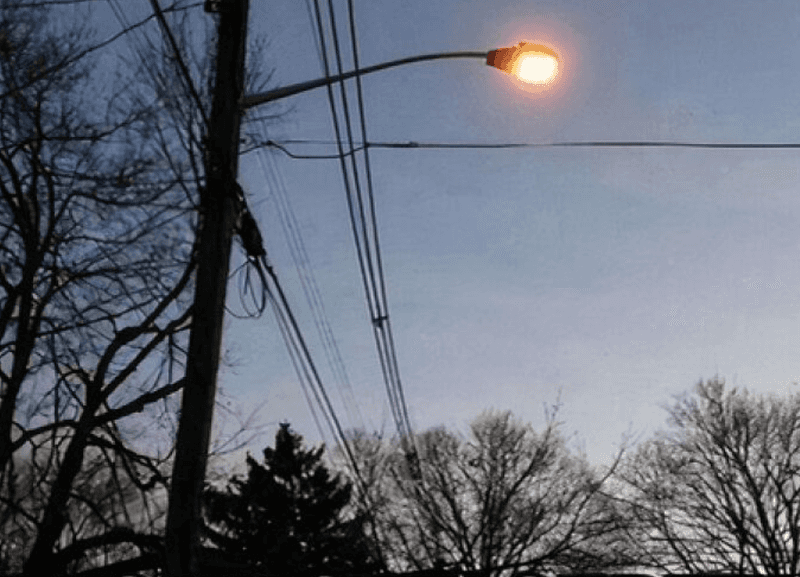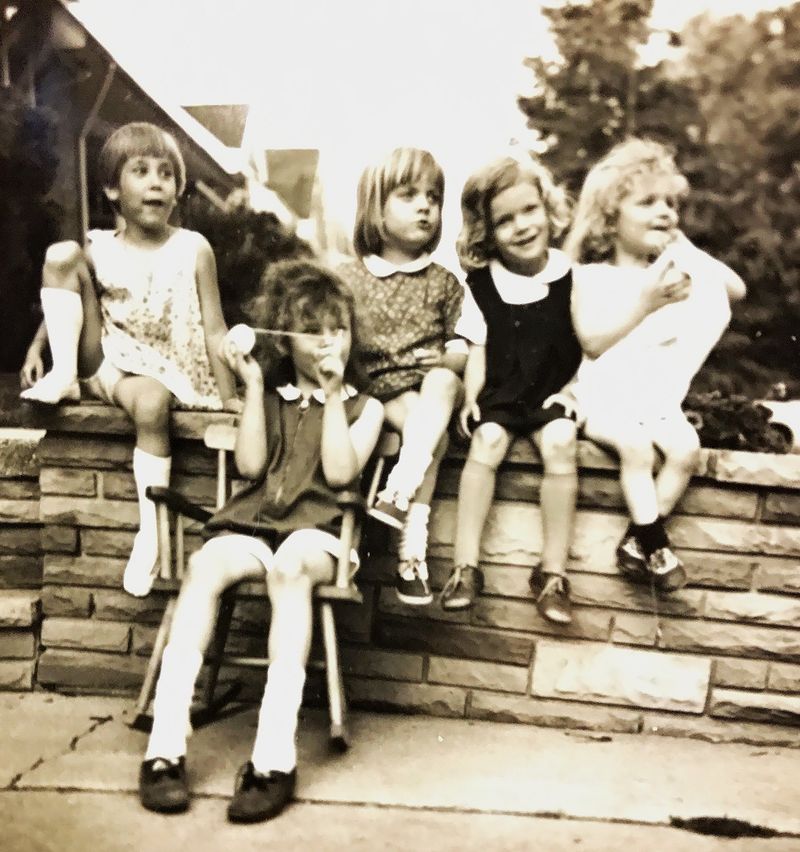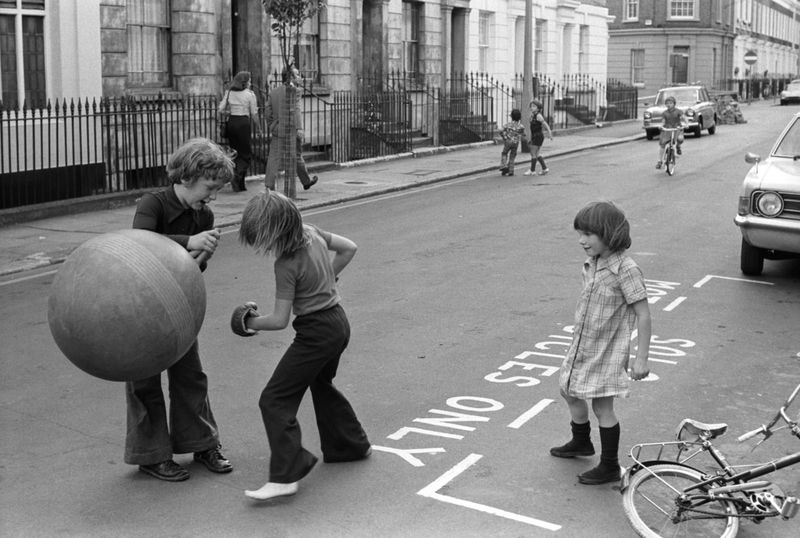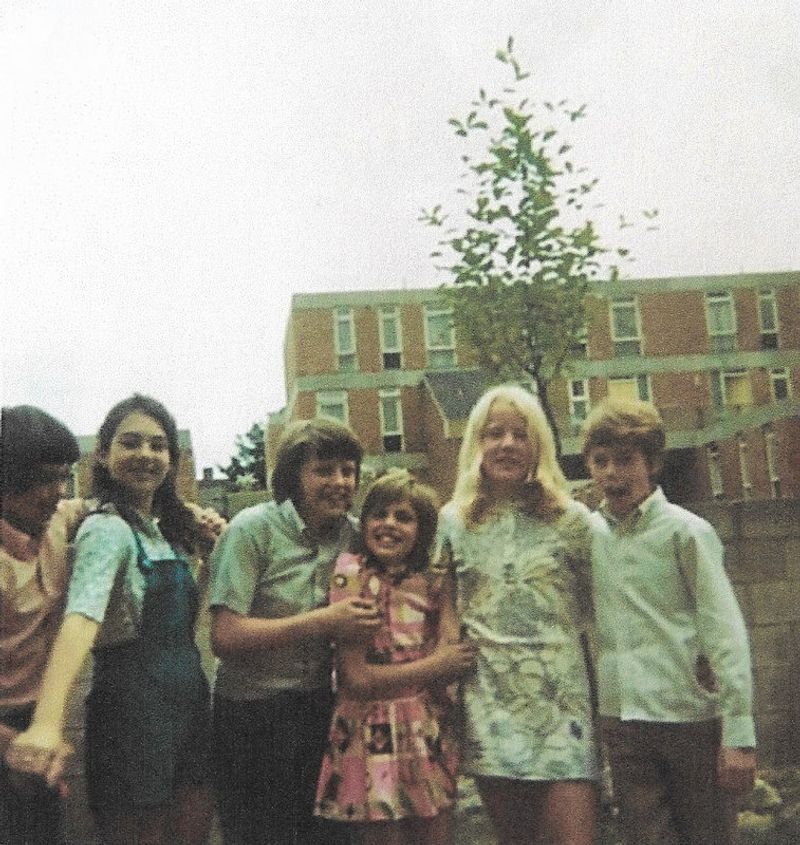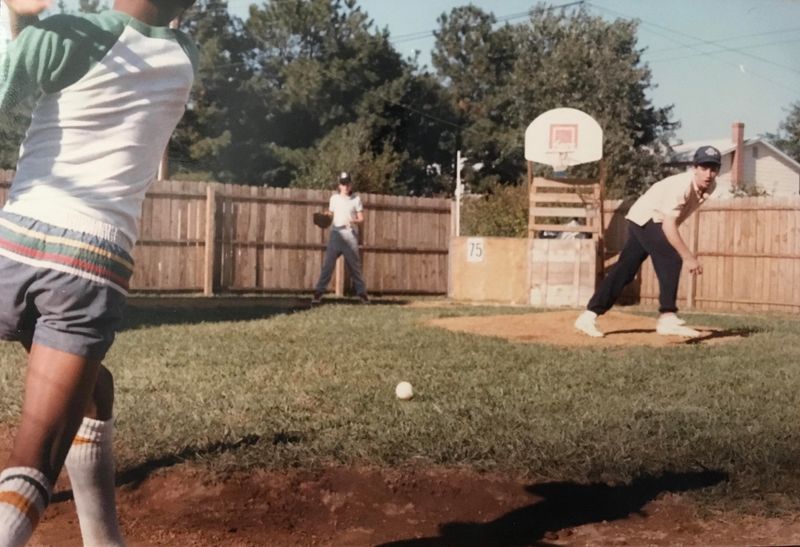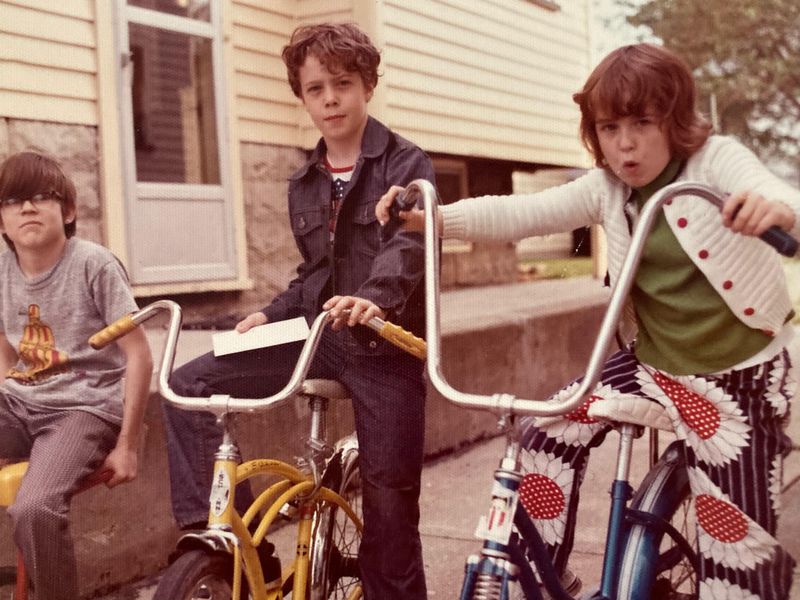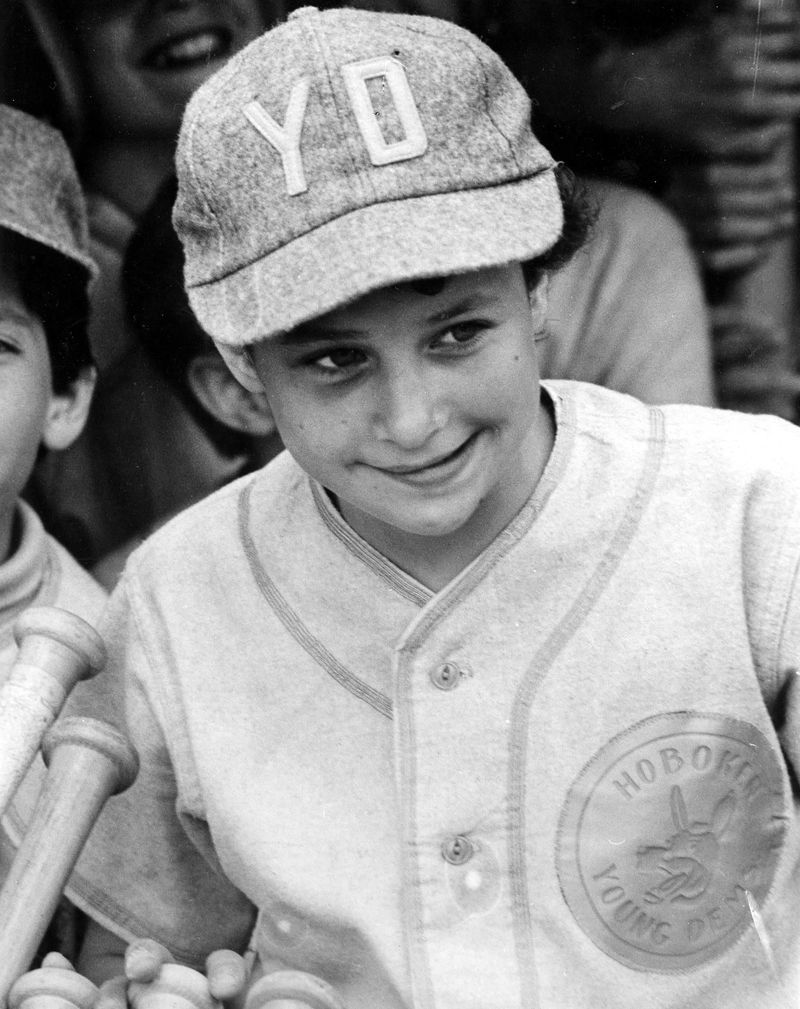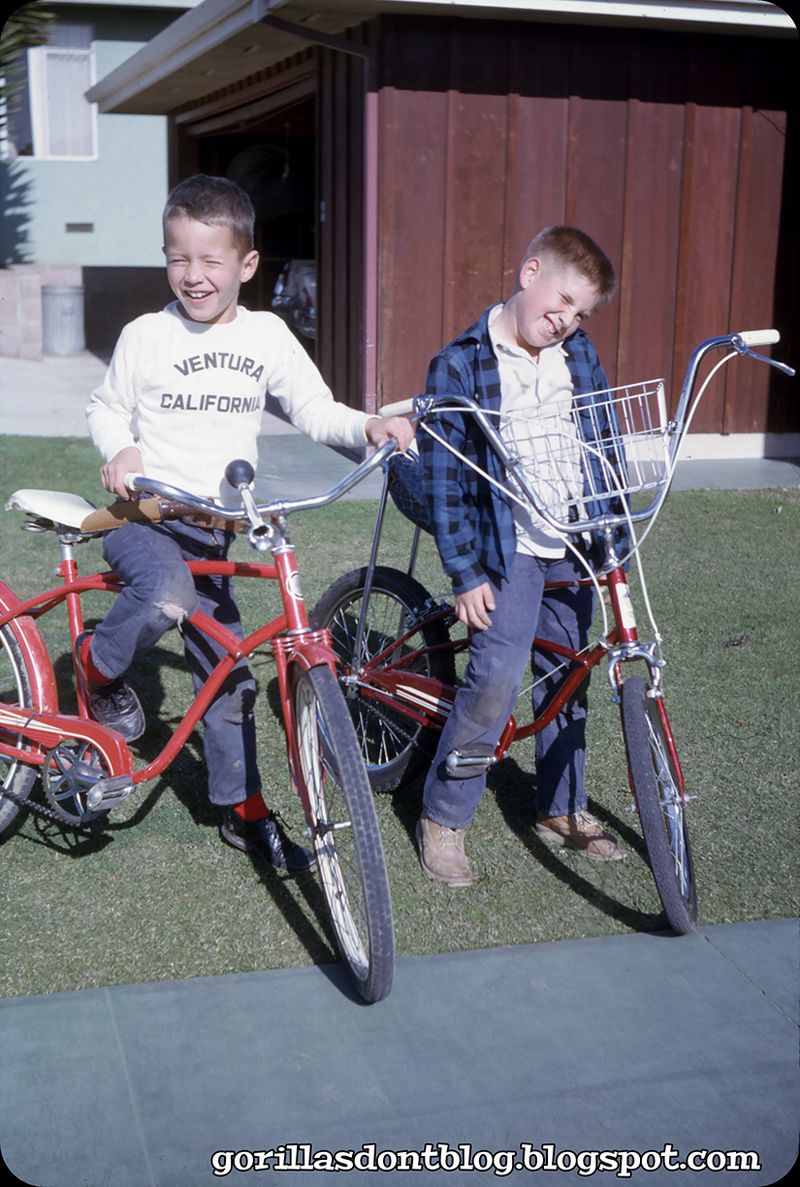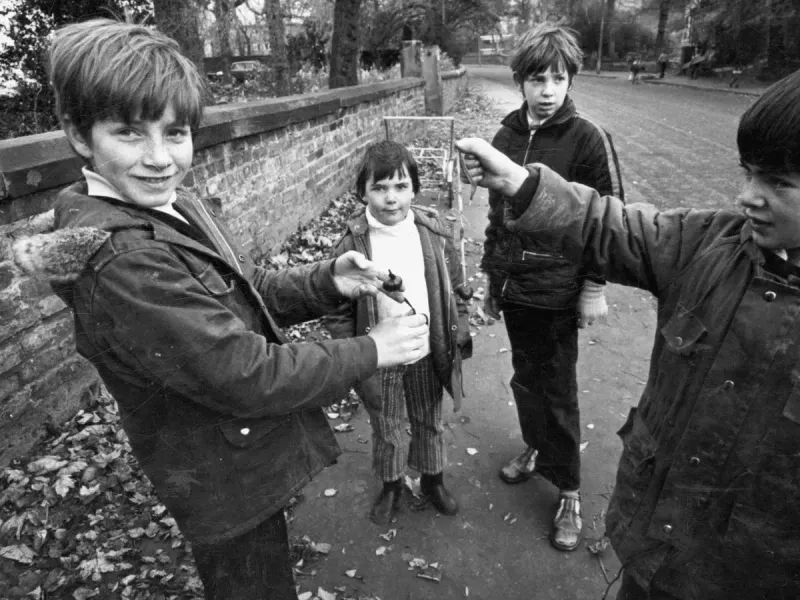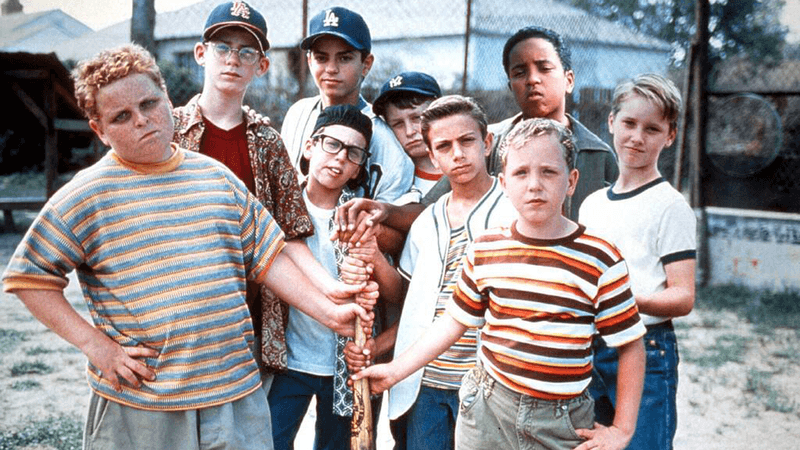The 1970s wasn’t just about disco, bell bottoms, and lava lamps. For kids, it was a golden era of outdoor freedom, unsupervised fun, and an unspoken neighborhood code that every kid just seemed to understand. These weren’t posted anywhere—yet somehow, we all followed them.
1. Be Home When the Streetlights Come On
Every ‘70s kid knew the streetlights were more than just a light source; they were your unwritten curfew. As soon as those orange lights flickered on, it signaled the end of your daylight adventures. Kids scattered like clockwork, pedaling furiously on their banana seat bicycles to beat the darkness.
This rule was universal, an unspoken agreement between parents and children. You didn’t need a watch; nature provided the signal. The glow of the streetlight offered a feeling of security and predictability, a comforting routine as reliable as any alarm clock.
The streetlights dictated the rhythm of suburban life. They marked the end of playdates and backyard games, ushering everyone home. Even if you were mid-chase or mid-laugh, this glow meant pause. Families gathered, the outside world dimmed, and yet another day in the neighborhood concluded with a familiar ritual.
2. If You Hear “CAR!”, Move Fast
“CAR!” was the word that united every kid in the neighborhood. Whether engrossed in a game of stickball or drawing with sidewalk chalk, that shout meant immediate action. It was our emergency alert system. In an instant, the street was clear – a well-rehearsed drill passed down through sibling generations.
The street was our playground, and cars were the occasional intruders. Parents trusted that we knew what to do, and we never let them down. This command transcended language barriers and age differences, a testament to its importance.
Once the car passed, the street returned to its rightful owners. We resumed our games, the pause a mere blip in our seamless play. The world beyond the neighborhood paused, but for us, the games continued without missing a beat.
3. First Come, First Pick
Being first wasn’t just a perk; it was a privilege heavily guarded. The early bird didn’t just get the worm; they got the best position, the first pick, or the prime spot on the team. This rule taught punctuality and the value of being early.
Arriving first meant you had the power to choose – whether it was the best swing in the park or the leader’s role in a game. Latecomers knew the consequences well; they settled for what was left and sometimes accepted the less desirable roles.
This taught a subtle lesson in hierarchy and the benefits of planning. It was a silent motivator, instilling a sense of responsibility and the importance of seizing opportunities. For many kids, it was their first taste of decision-making and leadership.
4. Don’t Rat Out Your Friends
Loyalty was a cornerstone of childhood friendships in the ‘70s. The phrase “Don’t rat out your friends” carried weight, an unspoken oath among peers. This was about solidarity and trust within the tight-knit circles of neighborhood pals.
If someone broke a window or caused a minor ruckus, you didn’t tell on them. It was the golden rule of friendship. Betraying a friend’s trust was one of the worst offenses, a breach that could see you ostracized from the group.
This silent code of loyalty taught empathy and understanding. It was less about covering up mischief and more about supporting each other through thick and thin. Kids learned early on the value of camaraderie and sticking together no matter what.
5. If the Ball Goes in Someone’s Yard, Only the Bravest Retrieve It
Every neighborhood had that yard—the one with the rumored “crazy dog” or the grumpy neighbor. When a ball inevitably rolled into forbidden territory, only the bravest dared to retrieve it. This wasn’t just about getting the ball back; it was a test of courage.
To cross into those yards was akin to a rite of passage, a challenge that separated the timid from the bold. Stories of past retrieval missions were shared, each one becoming more legendary with each telling.
It taught bravery and quick thinking, and for some, it was the first taste of adventure. The reward? A ball retrieved and respect earned. It was a childhood drama filled with suspense and the sweet victory of success.
6. You Had to Know Everyone’s Mom’s Whistle or Call
In the ‘70s, every mom had her signature whistle or call, a unique sound that cut through the cacophony of a busy neighborhood. This was your personal homing beacon, and when you heard it, you knew it was time to head home.
Recognizing these calls was a skill developed early on. Each was distinct and unmistakable, a comforting reminder of home amidst the chaos of play.
Moms didn’t need cell phones to reach their kids. Their calls were efficient and reliable, bringing everyone back like sonar guiding ships through fog. This was a lesson in listening, recognizing, and responding to the familiar amidst the noise.
7. Don’t Be the Last to Pick Teams
The rule was clear: avoid being the last picked. Not only for the embarrassment it might cause but because it often meant being assigned the least coveted roles. In every game, from dodgeball to baseball, the last pick was a moment everyone tried to avoid.
This scenario taught quick thinking, strategizing, and improving skills to ensure you weren’t left standing alone. The importance of teamwork, and sometimes humility, came to the forefront.
For those who frequently found themselves picked last, it often spurred determination to improve. It was a lesson in resilience, pushing kids to stand out in their unique way, fostering creativity and perseverance.
8. Your Bike Was Your Freedom (And Your Identity)
In the ‘70s, a bike was more than just transportation; it was your ticket to freedom. It represented independence, a way to explore boundaries and create adventures. Owning a bike was a rite of passage, each one as unique as the kid who rode it.
Kids personalized their bikes with stickers, streamers, and custom paint jobs. These two-wheeled steeds were extensions of personality, proudly displayed like badges of honor.
Bikes were sacred, and touching someone else’s ride without permission was a breach of the unspoken code. This taught respect for property and individuality. Bikes were keys to the world beyond, unlocking the thrill of exploration and the joy of self-expression.
9. When Someone Yelled “BASE!” You Froze
In the thrilling games of tag or hide-and-seek, calling “BASE!” was a rule that granted temporary immunity. It was the ultimate safe zone, a refuge kids desperately sought.
Each game had its own designated bases, sometimes known only to the players. Getting to base before being tagged was a triumph, a strategic move that required quick thinking.
This was a rule of fairness and strategy, ensuring everyone had a fighting chance. It was a lesson in timing and skill, teaching kids to plan their moves and relish the sweet satisfaction of reaching base just in time.
10. If You Started a Game, You Had to Finish It
Quitting wasn’t an option. When you started a game, you saw it through to the end. It didn’t matter if you were called for dinner or had a scraped knee; commitment was key.
This rule instilled a sense of responsibility and dedication. Games were sacred, and leaving mid-way was considered betrayal. It taught perseverance and the importance of seeing things through.
Participating fully, even amid challenges, built camaraderie and determination. It was a lesson in resilience, showing that true strength lies in finishing what you started, no matter the hurdles. This ethos carried into adulthood, shaping strong values.
